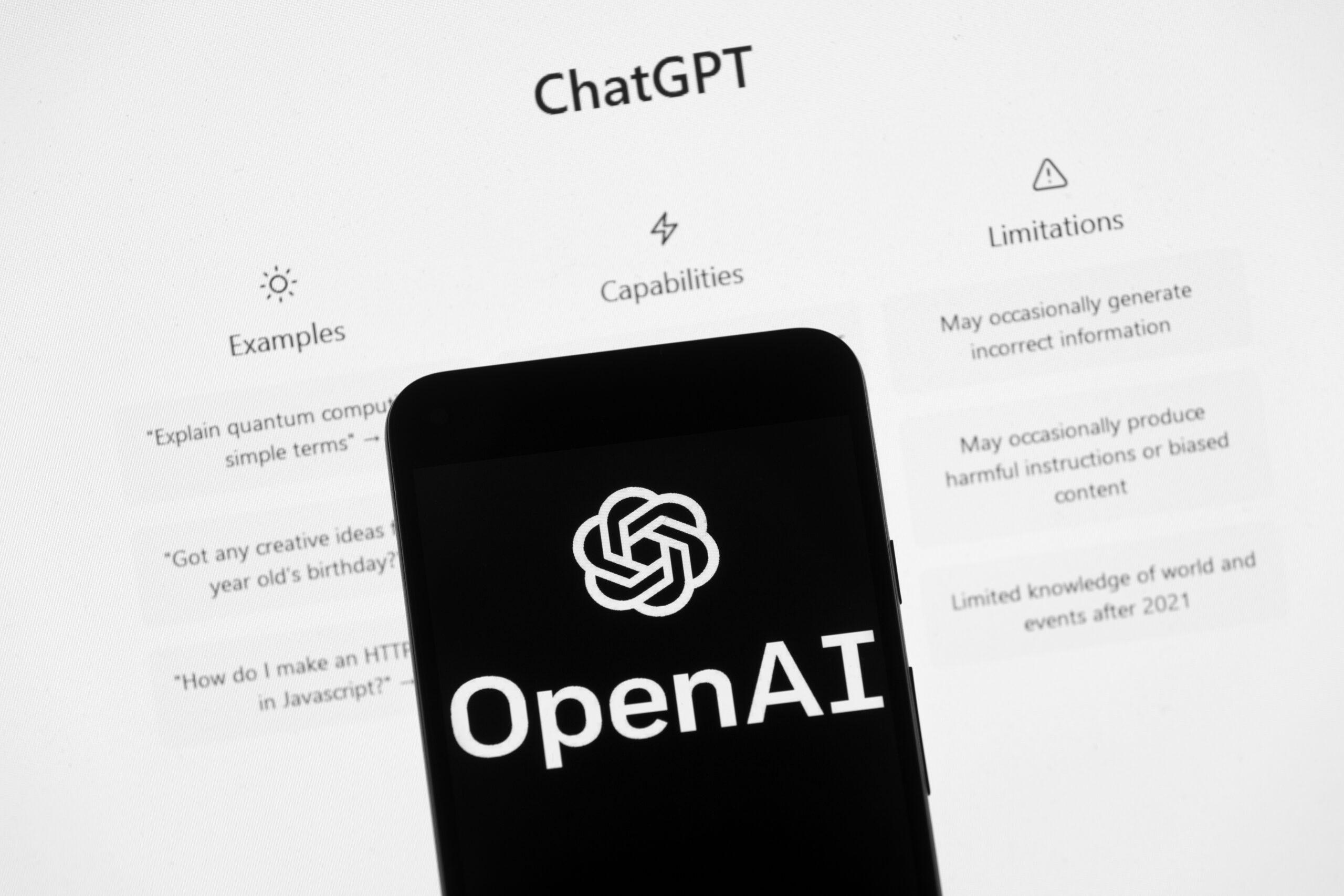
Generative Artificial Intelligence, like Chat GPT, may be able to write an episode of South Park or ace the LSAT, but Colorado Sen. Michael Bennet is concerned about what these chatbots might be saying to kids.
This comes after journalists and others, posing as kids and young teens, reported that generative AI programs helped provide information to questions that should have raised red flags.
The examples listed in Bennet’s letter include AI giving tips on how to protect access to social media apps parents wanted kids to delete, how to cover up bruises before a visit from Child Protective Services and advice on setting the mood with “candles or music” for someone who posed as a 13-year-old girl preparing to meet a 31-year-old man.
“Although generative AI has enormous potential, the race to integrate it into everyday applications cannot come at the expense of younger users’ safety and well being,” Bennet writes to the heads of Open AI, Snap, Alphabet, Microsoft and Meta. “Although AI-powered chatbots come with risks for anyone – for example, by providing false information, perpetuating bias, or manipulating users – children and adolescents are especially vulnerable. Younger users are at an earlier stage of cognitive, emotional, and intellectual development, making them more impressionable, impulsive, and less equipped to distinguish fact from fiction.”
Bennet had several questions for the tech leaders as they move to integrate generative AI into their apps, including what existing or planned safety features they will implement for younger users, whether they have assessed or planned to assess potential harms to younger audiences, and what kind of auditing processes they have for the AI models behind chatbots that talk to the public.
This push comes as more lawmakers have expressed concerns about how social media is affecting teens’ mental health and how social media companies use the data they are collecting. Answers to Bennet’s questions could help shape any congressional response, either legislation or future hearings, to these concerns.
Bennet is one of several lawmakers from both sides of the aisle who have expressed concerns about the popular social media app TikTok, in particular. The CEO of TikTok will testify in front of the house Energy and Commerce committee later this week.
In the last Congress, Bennet also introduced a bill to set up a federal commission to provide oversight of digital platforms “to protect consumers, promote competition, and defend the public interest.”








